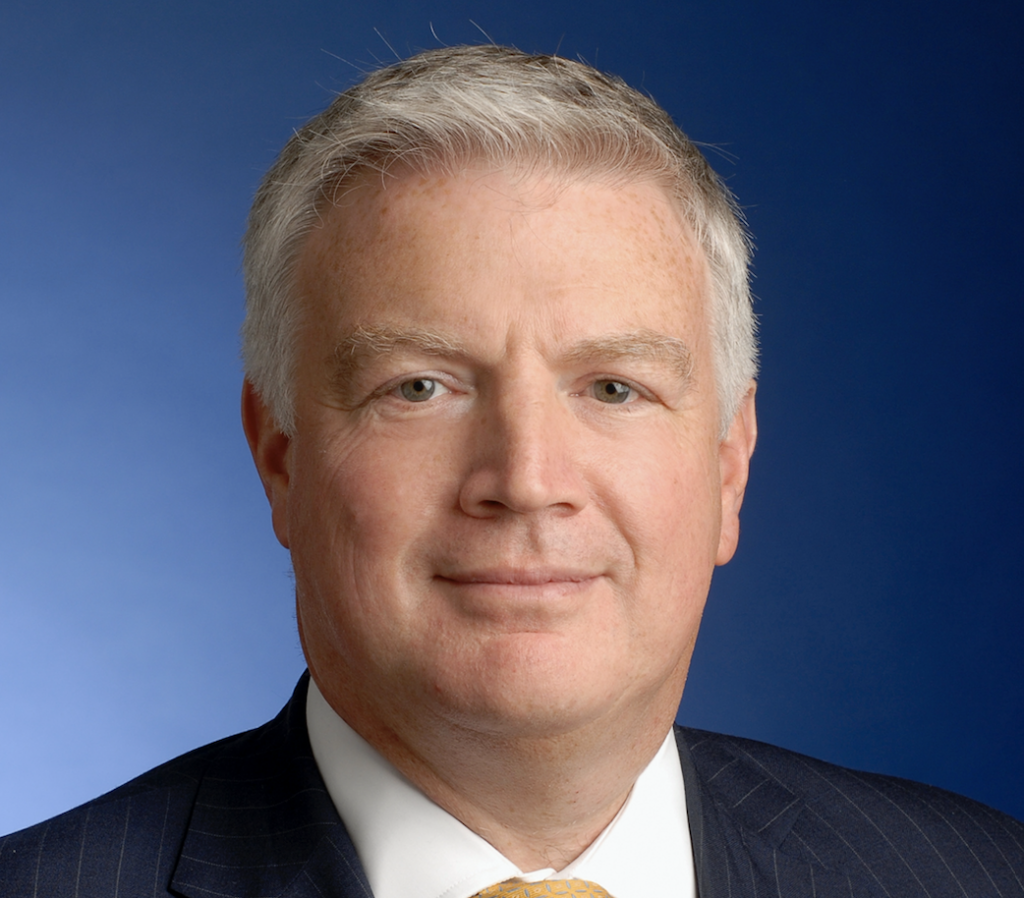Launching a consultation on the regulation of superfunds today, pensions minister Guy Opperman MP said the vehicles could offer a range of benefits for consumers.
With two supertrust consolidators already operating and a number of other organisations believed to be set to enter the market, the Government is seeking to avoid a rerun of regulating the sector after it has become established, as has happened with master trusts, where regulation is only coming into effect after the market proliferated to more than 80 vehicles.
Under the proposed arrangements employers transferring eligible defined benefit pension schemes to superfunds must provide a cash injection while third party investors supply an additional ‘capital buffer’, in exchange for a share of any profits. The capital buffer is then paid into the scheme in the event it runs into trouble.
The DWP today announced plans to build further protections for members into the system, including proposals to increase the powers of The Pensions Regulator and subject superfund trustees to a rigorous fit and proper person test.
In light of the range and potential scale of emerging business models, guidance published today makes clear that TPR will scrutinise all DB superfunds that enter the market to ensure any risks are identified, assessed and mitigated.
The consultation on consolidation of DB pension schemes launched today proposes a range of areas in which TPR will have to be satisfied. TPR’s guidance reflects the consultation proposals, which are not yet legally entrenched.
TPR says it will need to be satisfied new superfunds have a viable business model, are financially sustainable, are well governed and have a high probability of being able to pay members’ benefits as they fall due.
TPR has also published guidance for trustees considering transferring to a superfund which makes clear the decision must be in the best interests of members. That means it should further the purpose of paying the accrued scheme benefits. TPR also expect employers to seek clearance in respect of any proposed transfer to a superfund, even if they consider any detriment is mitigated.
Opperman says:“Well-run superfunds have great potential to deliver more secure retirement incomes for workers while allowing employers to concentrate on what they do best – running their businesses.
“We’re clear there needs to be proper regulation, and we’re consulting to ensure we get that right. We’re transforming pensions saving in this country through our radical reforms, and this is yet another innovation which will improve retirement prospects.”
TPR executive director of regulatory policy, analysis and advice David Fairs says: “We believe DB superfunds are potentially a force for good and can provide a secure and safe place for pension saving and help drive up standards.
“However, as these schemes come to market, we need to give savers confidence now that these schemes are well-governed, run by fit and proper people and are backed by adequate capital.
“That’s why we have issued guidance making it clear we will supervise superfunds. They will need to seek our authorisation in due course once legislation has come into effect.
“By coming to us now, superfunds can show us how they plan to meet the standards we and government expect, and prevent possible regulatory action further down the line.
“We’ve seen how effective the supervision and authorisation framework has been for driving up standards in defined contribution master trusts, and we fully expect the same protections to exist for DB superfunds from an early stage in this developing market. We will continue to work with government to build legislation.”
